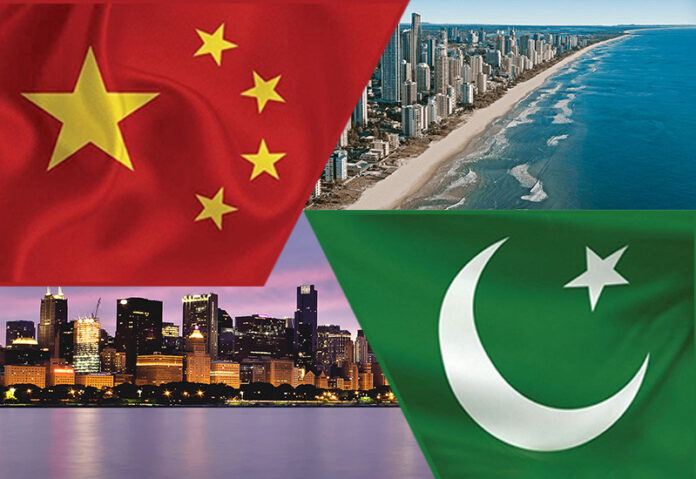China has consented to extend the repayment period of a $2 billion loan that was set to mature on March 23, 2024.
This development comes after initial requests by China to raise the interest rates on this debt. Currently, Pakistan is subject to a 7.1% interest rate, determined by the six-month Secured Overnight Finance Rate (SOFR) plus an additional 1.715%.
The agreement to maintain the existing loan terms was informally communicated by China, with Pakistan’s Ministry of Finance awaiting formal confirmation.
The move followed a request from Pakistan’s Interim Prime Minister Anwaarul Haq Kakar to the Chinese government last month, seeking the rollover of the maturing loans.
Pakistan’s strategy to bolster foreign exchange reserves through deposits from China, Saudi Arabia, and the United Arab Emirates has seen interest costs surge by 118% last fiscal year, partly due to significant currency devaluation.
The total interest paid to these three nations on $9 billion deposits was Rs26.6 billion, a substantial increase from Rs12.2 billion the previous year.
The gross official foreign exchange reserves of Pakistan’s central bank stand at $8 billion, reflecting a decade-long policy of borrowing from regional countries during economic downturns.
However, this has not led to an improvement in repayment capacity, often resulting in loan extensions at maturity.
Following an agreement with the International Monetary Fund (IMF), Saudi Arabia and the UAE increased their financial exposure to Pakistan, bringing the total deposits from these three countries to $12 billion.
This increase is expected to raise the interest cost substantially for the current fiscal year.
Additionally, Pakistan utilised a $4.5 billion Chinese trade finance facility for debt purposes, paying Rs42.1 billion in interest last fiscal year.
This facility, part of the $8 billion in gross official foreign exchange reserves, highlights the continued reliance on foreign loans amid political instability and stagnant foreign direct investment.
As Pakistan’s current IMF programme nears expiration, securing the last tranche of $1.2 billion remains a priority.
























